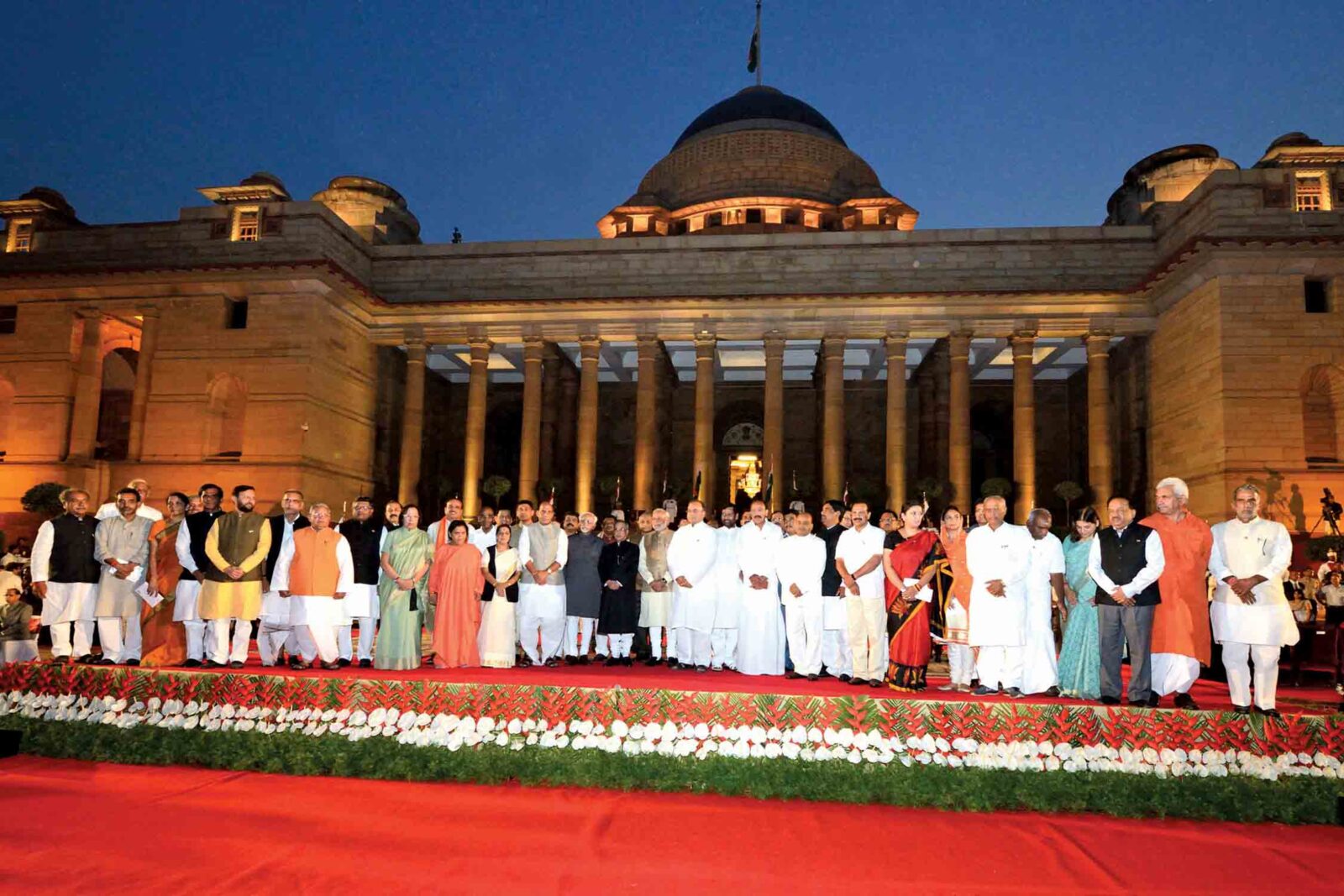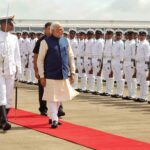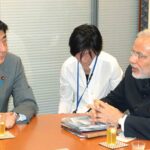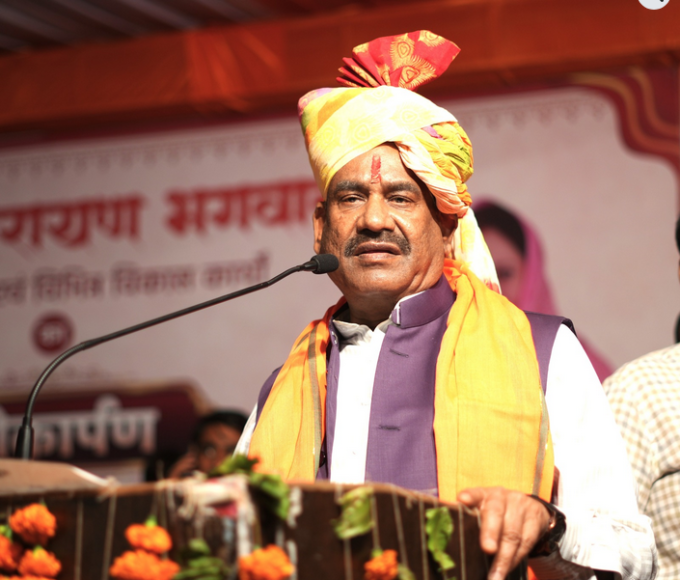EVERY Member of Parliament has to make and subscribe to an oath or affirmation, before taking his seat in Parliament, that he will bear true faith and allegiance to the Constitution, that he will uphold the sovereignty and integrity of India and that he will faithfully discharge the duty upon which he is about to enter. The oft-asked question, therefore, is, what are the duties of the MPs, as their duties, as such, have not been defined in the Constitution. The Merriam Webster Dictionary defines ‘duty’ variously. But the one appropriate for the purpose of this study is, “obligatory tasks, conduct, service, or functions that arise from one’s position”. Guided by the etymological connotation, MPs have a wide range of duties, considering the powers, functions and privileges of Parliament of which they are an integral part. An attempt has been made in the succeeding paragraphs to outline an ideal charter of the duties of MPs.
A Member of Parliament holds an exalted position in public life and, therefore, his duties are far wider and more demanding than the fundamental duties of a citizen as enshrined in Article 51 A of the Constitution. The phrase to ‘bear true faith and allegiance to the Constitution’ is so wide as to include within its ambit the duty to abide by the Constitution and to highlight and agitate against any act which is perceived to be violative of the Constitution and the law. In a parliamentary democracy, politics is not a ‘blood sport’ but a political game which must be conducted with forbearance and respect for the rule of law. The MP, being the standard bearer of public faith, repository of public trust and the lawmaker, has a solemn duty to uphold the sovereignty and integrity of the nation and to foster the constitutional values and morality so that the rest of the citizens emulate him.
A member must attend the sittings of Parliament and the Committees he is a member of. Physical presence of members lends its own weight and their wider participation in the deliberations brings breadth, vision, wisdom and new insights and enhances the image of the House and the Committee. The live telecast proceedings of a deserted House barely fulfilling the requirement of quorum, denigrates the image of Parliament in the public eye, raises questions about the seriousness of the debates and the faith of the members in Parliament as an effectual organ of the State. This holds equally good for the Committees which work in-camera. Poor attendance dilutes the ‘wholesome awe’ of the Committee and deprives the Committee of the valuable inputs from a larger section of members. There are, of course, penal provisions if a member remains absent unauthorisedly for certain consecutive sittings. Unauthorisedabsence for a period of 60 days or beyond cancost the membership and the seat may be declared vacant by the House, as per Article 101(4). Similarly, a member may be removed from a Committee for not attending three consecutive sittings. Thus, prolonged dereliction of duty may be visited by condign punishment.
A member has a duty towards his electorate who sent him to Parliament. It is his solemn duty to strive to fulfil the assurances, promises and undertakings given by him or his party to the electorate. Being a legislator, he cannot get the work executed himself, but he can forcefully take up the cause of his constituents with the designated instrumentalities of the State. The privilege of freedom of speech and expression in Parliament, subject to the rules and regulations of Parliament, if fully seized, can be channelled to raise issues of public concern. Another important aspect of their duties is that the members ought to be accessible to their constituents and become their voice and be the channel of regular and powerful communication with the Government.
Members ought to monitor the administration of the laws, implementation of the governmental policies and the election manifesto of the party in power. As chosen public sentinel on the qui vive, they can pinpoint and check ‘the tyranny perpetrated under the guise of the law’ and in the name of executive power. The role of the members in opposition to the government is more arduous and challenging as they are tasked with the responsibility of turning the searchlight of parliamentary scrutiny on the flaws, irregularities and deficiencies of the Executive.
A member must not indulge in an act which is incompatible with the exalted status and dignity of his office. As early as 1951, the Provisional Parliament expelled a member for taking remuneration from an association of business persons for tabling questions in Parliament. During the 14th Lok Sabha, 11 MPs—10 from the Lok Sabha and one from the Rajya Sabha—were disqualified and expelled on the ground of ‘cash for query’. Parliament has been extremely stringent and unsparing when allegations of misconduct of members came to light and were substantiated by the internal inquiries of the House.
BY articulating social tensions, exposing developmental disparities and regional imbalances, MPs are uniquely positioned to bring solidarity, social harmony and national integration. They have played a stellar role especially in times of national crisis, war or threatened aggression by rallying public support behind the government and acting as a bulwark of strong public opinion.
India is a member of international parliamentary organisations like the Inter Parliamentary Union (IPU), the Commonwealth Parliamentary Association (CPA), and so on. Besides, members are drafted to attend the General Assembly of the UN and many multi-lateral conferences, seminars and workshops. The objective of these international bodies and conferences is to promote just and honourable relations between nations, among others. Further, there is constant exchange of goodwill delegations between Parliaments. India, being the largest and one of the most vibrant democracies of the world with tremendous interest in its great civilisational heritage, receives and exchanges goodwill parliamentary delegations. History testifies that when they represent the country, they rise above party politics, renounce the rancour and acrimony of domestic debate and display great national solidarity and act as high plenipotentiaries of the nation.
The duties of a member are vast and varied and the sacrifices that he makes in terms of his time, money, resources are the greatest recompense for the duties discharged. Apparently, the duties are exceedingly arduous, (and not well-defined) and were, it seems, not discharged to the satisfaction of the electorate who sent a record 315 new members to the 16th Lok Sabha.
The author is a scholar of constitutional and parliamentary studies














































